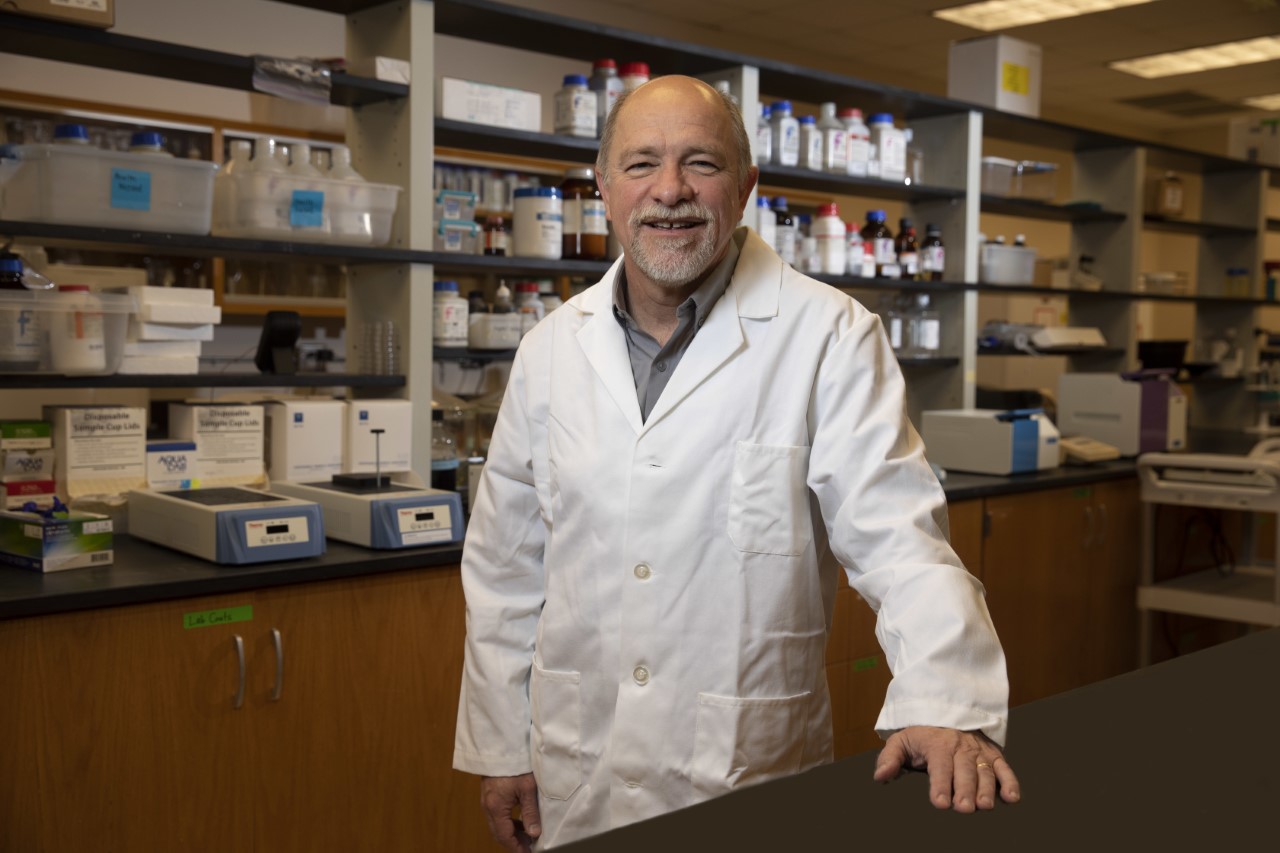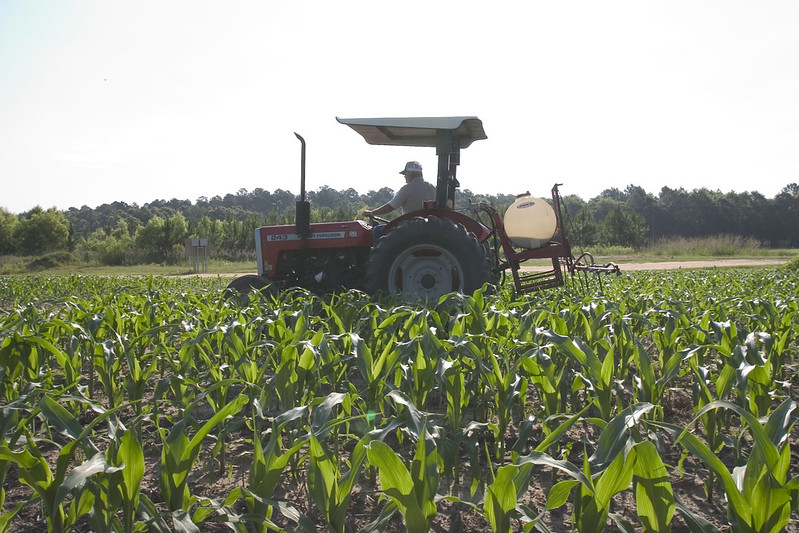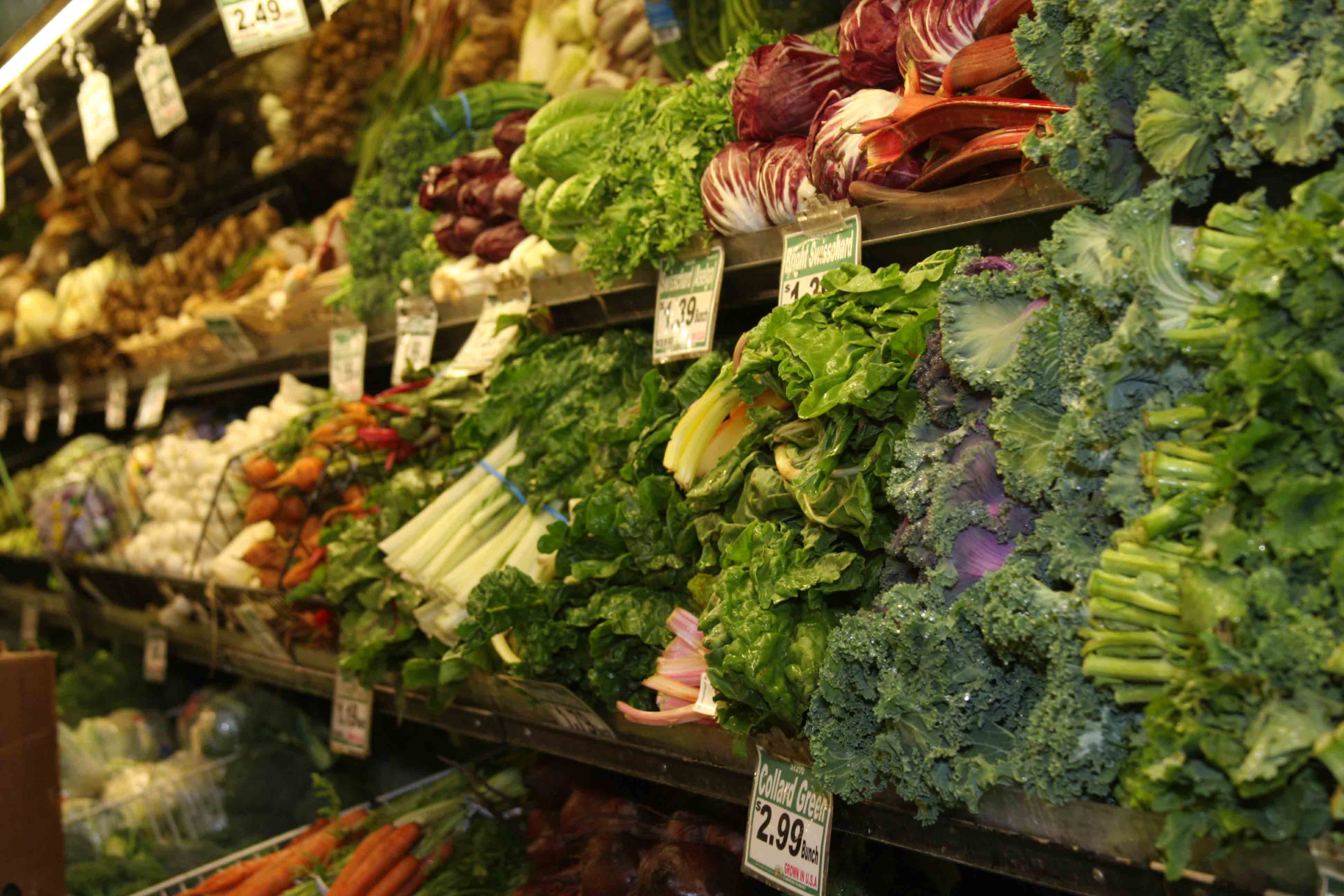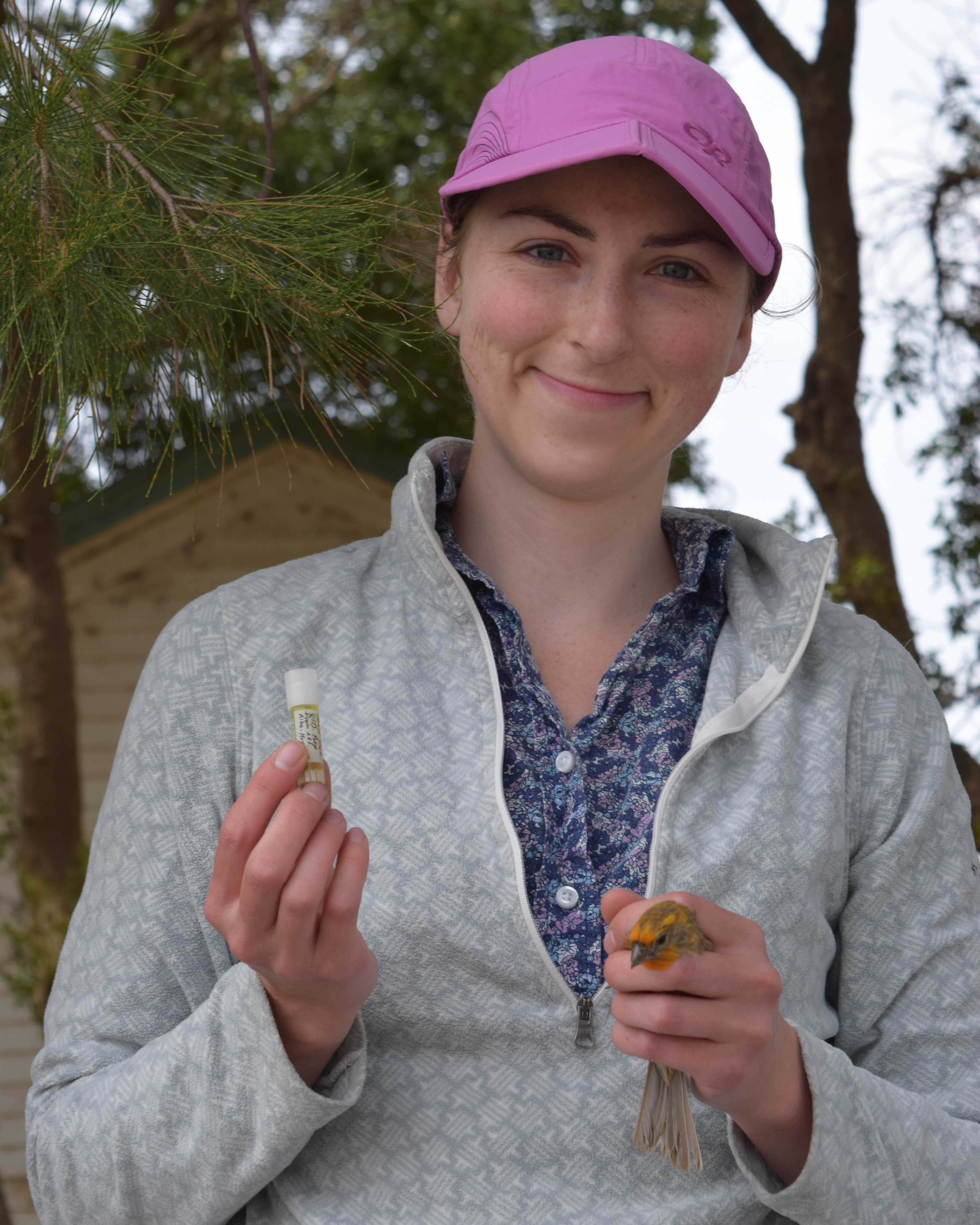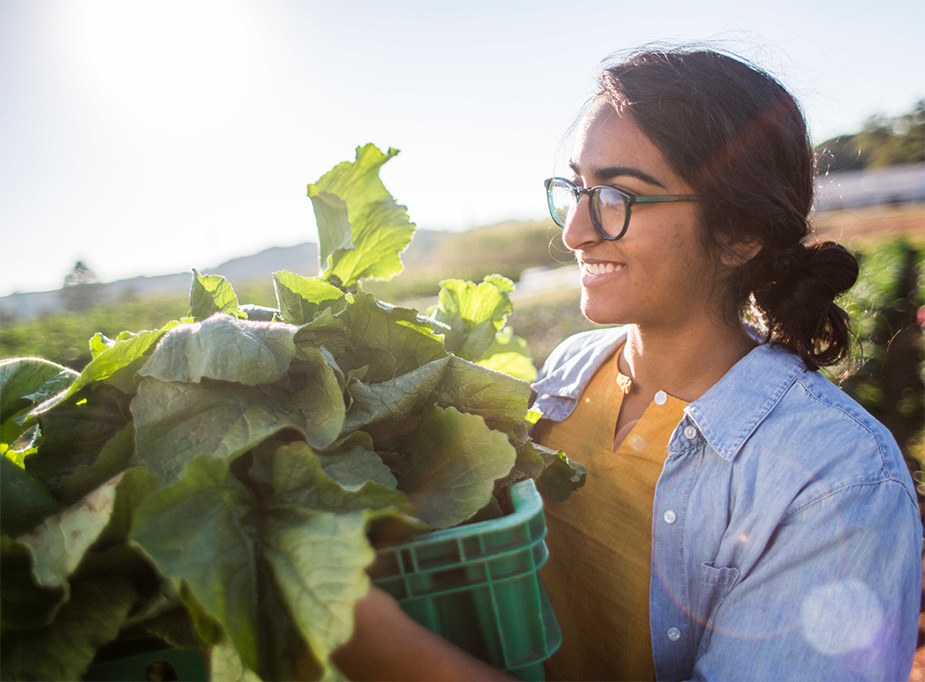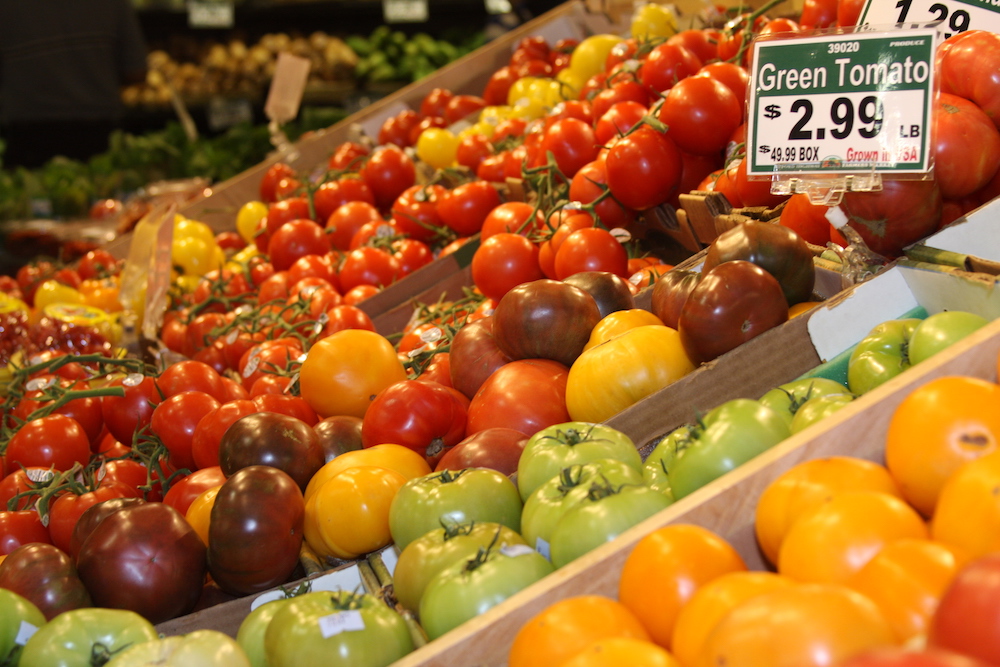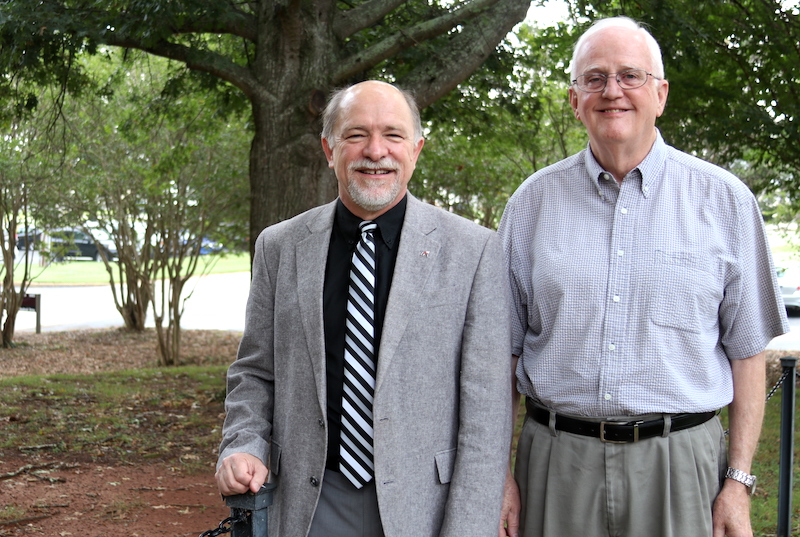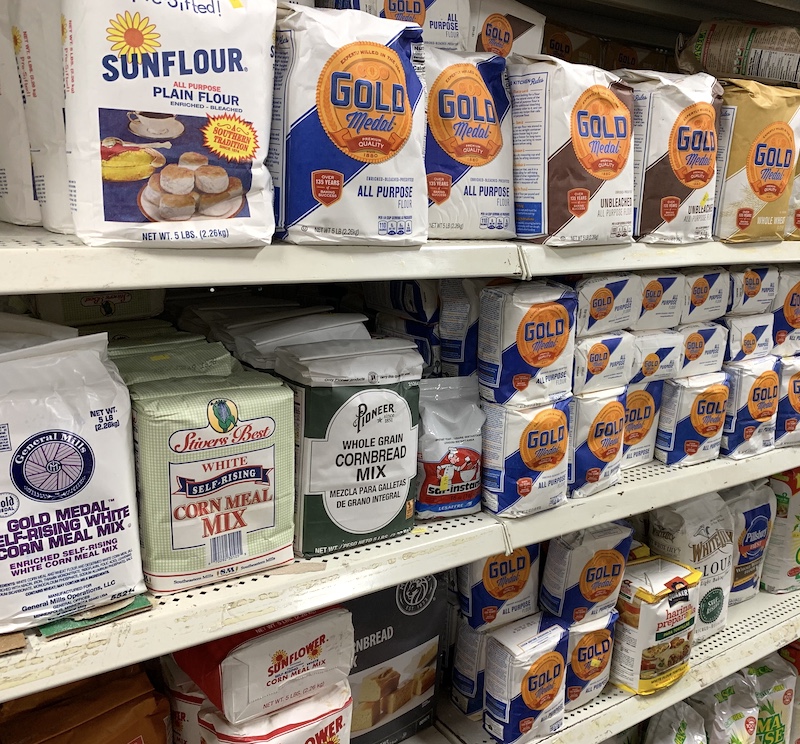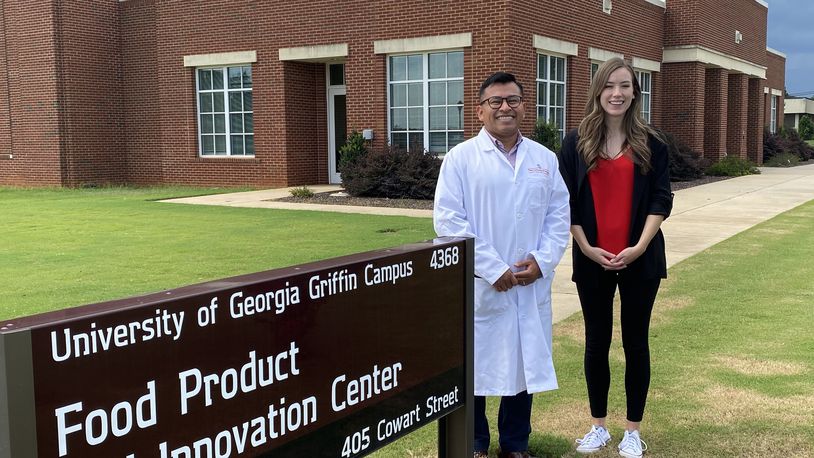 CAES News
CAES News
FoodPIC Value-Adds
As farmers across the state swelter in the summer heat tending crops and livestock, food scientists inside a state-of-the-art 14,500-square-foot facility on the University of Georgia campus in Griffin are laboring over a different side of the agricultural equation: How can we get the biggest bang for the buck from Georgia’s food commodities?

